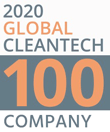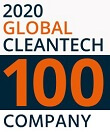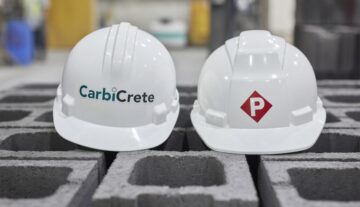
CarbiCrete CEO calls this an important day in decarbonizing production of the world’s most consumed man-made substance Montreal, September 27, 2023 – CarbiCrete and hardscape manufacturer Patio Drummond announced today that consumers can now buy fully-cement free, carbon-negative concrete blocks. The blocks, which are being manufactured at a plant in Drummondville, Quebec can be purchased…
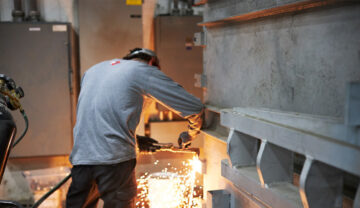
Limiting global warming to 1.5 ˚C will require more than just cutting CO2 emissions—it will demand the removal of carbon from the atmosphere. Avoiding and removing emissions are both ways to generate carbon credits to be sold on the voluntary carbon market. The goal of the market is to reduce overall carbon in the atmosphere;…
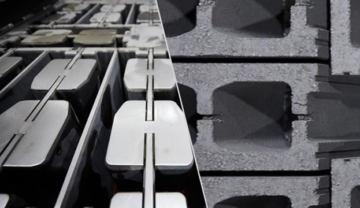
In order to slow the trajectory of climate change, the global community must address emissions from hard-to-abate industries. For industrial decarbonization, McKinsey places a particular emphasis on four focus sectors: ammonia, cement, ethylene, and steel. The steel and cement industries represent the two largest emitting manufacturing sectors on the planet. Each sector accounts for about…
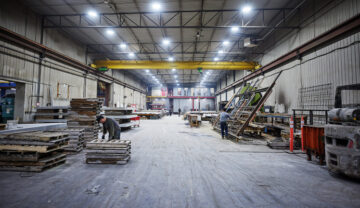
As demand for steel is projected to rise 30 percent by 2050 due to the expansion of infrastructure and cities across the world, the carbon impacts generated by the industry are becoming more severe. Green steel is the concept of producing steel without fossil fuels or GHG emissions, under the principles of decarbonization and circularity…

Strategies to mitigate the climate crisis are accelerating in line with the severity of global carbon emissions. Existing materials—like concrete—can be optimized using carbon capture, utilization and storage (CCUS) technology to permanently remove carbon from the atmosphere. When the end product of this CCUS is a hardened substance like concrete, this lasting carbon removal is…

Though the voluntary carbon markets have risen in popularity, not all carbon credits are created equal. Under the carbon credits system, a company engaged in practices that support the preservation of the environment can sell a certified emissions reduction (CER) credit to company with hard-to-abate emissions; this allows for more sustainable companies to profit and…
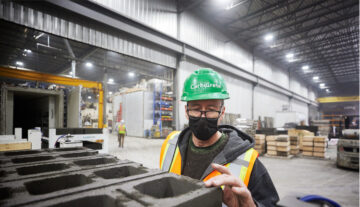
When if comes to setting a global example for sustainability initiatives, Canadian cities are being recognized for top performance. In an interview with Saint-Gobain’s Constructing a Sustainable Future magazine, George Benson, the Senior Manager for Economic Transformation at the Vancouver Economic Commission (VEC) discussed the how Vancouver became an exemplary sustainable city, and how its…

When quantifying greenhouse gas (GHG) emissions and their effect on our modern society, it can be hard to find a metric that accurately expresses the cost of these emissions. In 2008, after a Centre for Biological Diversity lawsuit regarding new fuel economy standards, the United States government tasked the Department of Transportation with producing an…
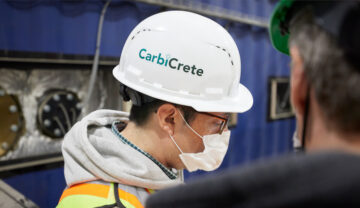
Sustainability in the built environment is a growing global concern, and markets such as the green building materials market are experiencing tremendous growth as a result. Leadership in Energy and Environmental Design, or LEED, is a program created not only to certify existing green building practices, but also to encourage future projects to develop sustainable…
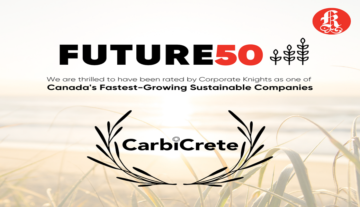
The Corporate Knights Future 50 ranking recognizes Canadian companies whose business activities align with the transition to a sustainable economy. Montreal, June 2, 2023 – CarbiCrete has once again been ranked among the fastest-growing sustainable companies in Canada in the second annual Corporate Knights Future 50 ranking. Selected from a pool of over 8,000 Canadian…

